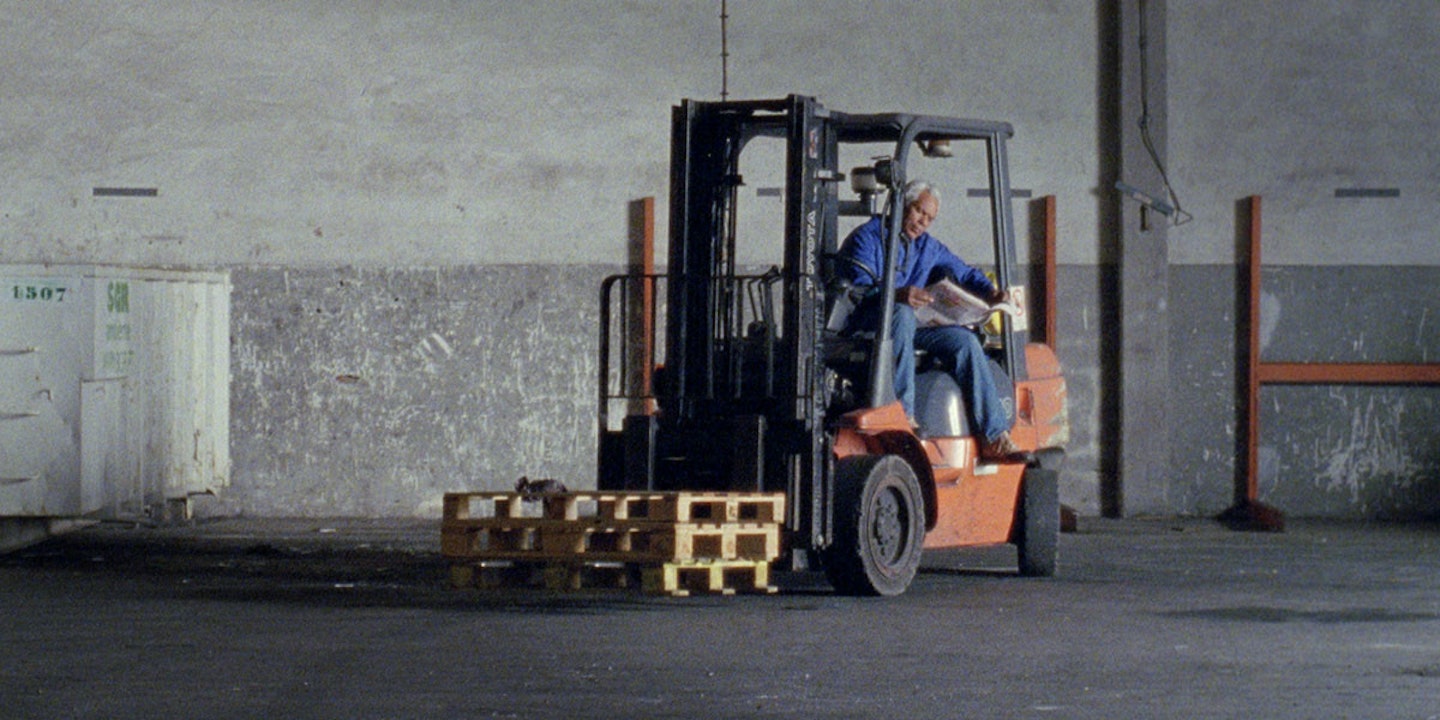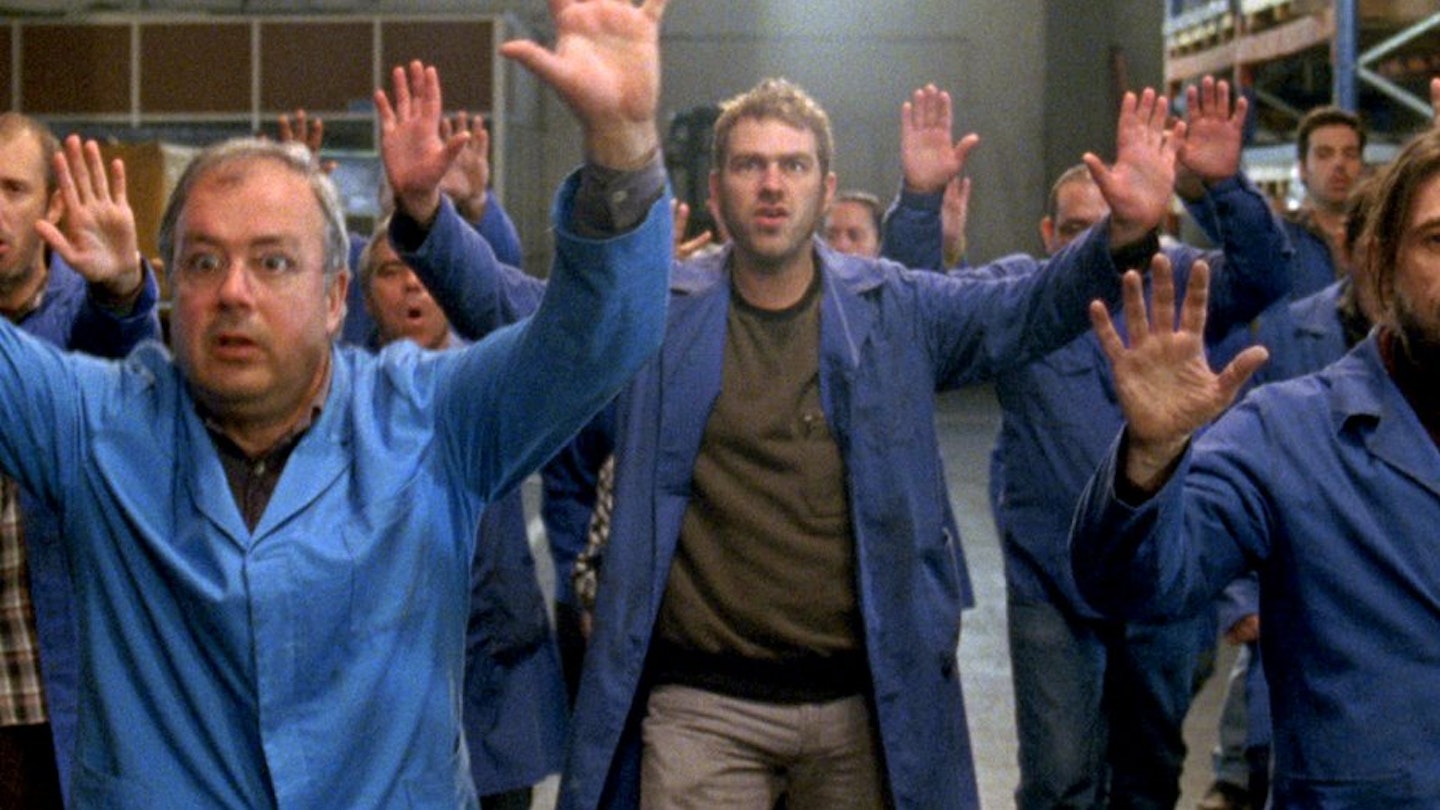Shaped by maverick auteurs like Manoel De Oliveira and Pedro Costa, the Portuguese film tradition has always stood apart from the rest of European cinema. But Manuel Gomes has recently introduced a touch of chic and Pedro Pinho taps into the spirit of his outstanding 2015 Arabian Nights trilogy in this audacious blend of agit-prop realism and avant-garde satire. Drawing on actual events, this sprawling workplace saga does little to disguise Pinho's documentary roots. But it's safe to say that no other three-hour chronicle of a factory sit-in has ended with a song-and-dance routine.

Played by a largely non-professional cast, the employees are far from united in their ambitions for the plant. Some simply wish to keep their jobs, while others see the takeover as an opportunity to conduct a socio-economic experiment that could inspire workers worldwide. Left-leaning Italian documentarist Daniele Incalcaterra certainly hopes this will be the case, although his role as a provocateur on behalf of a shadowy think tank inspires some of the stodgier sequences, as various intellectuals spout theories that Incalcaterra had previously aired in FaSinPat, his 2004 documentary about a worker-controlled ceramics factory in Argentina.

Away from the shop floor, machinist José Smith Vargas sings with a punk band, bonds with girlfriend Carla Galvão's tweenage son and helps his firebrand father dig up the rifles he has been hiding since 1974's Carnation Revoluton. But Pinho is more concerned with the collective dynamic than individual dramas, hence the striking sequence in which he shows the staff silently waiting at their posts even though there is no work for them to do. The standout scene, however, is the impromptu musical interlude, which feels as though Jean-Luc Godard and Jean-Pierre Gorin's Tout va bien (1972) has been reimagined as Stanley Donen and George Abbott's The Pajama Game (1957).
